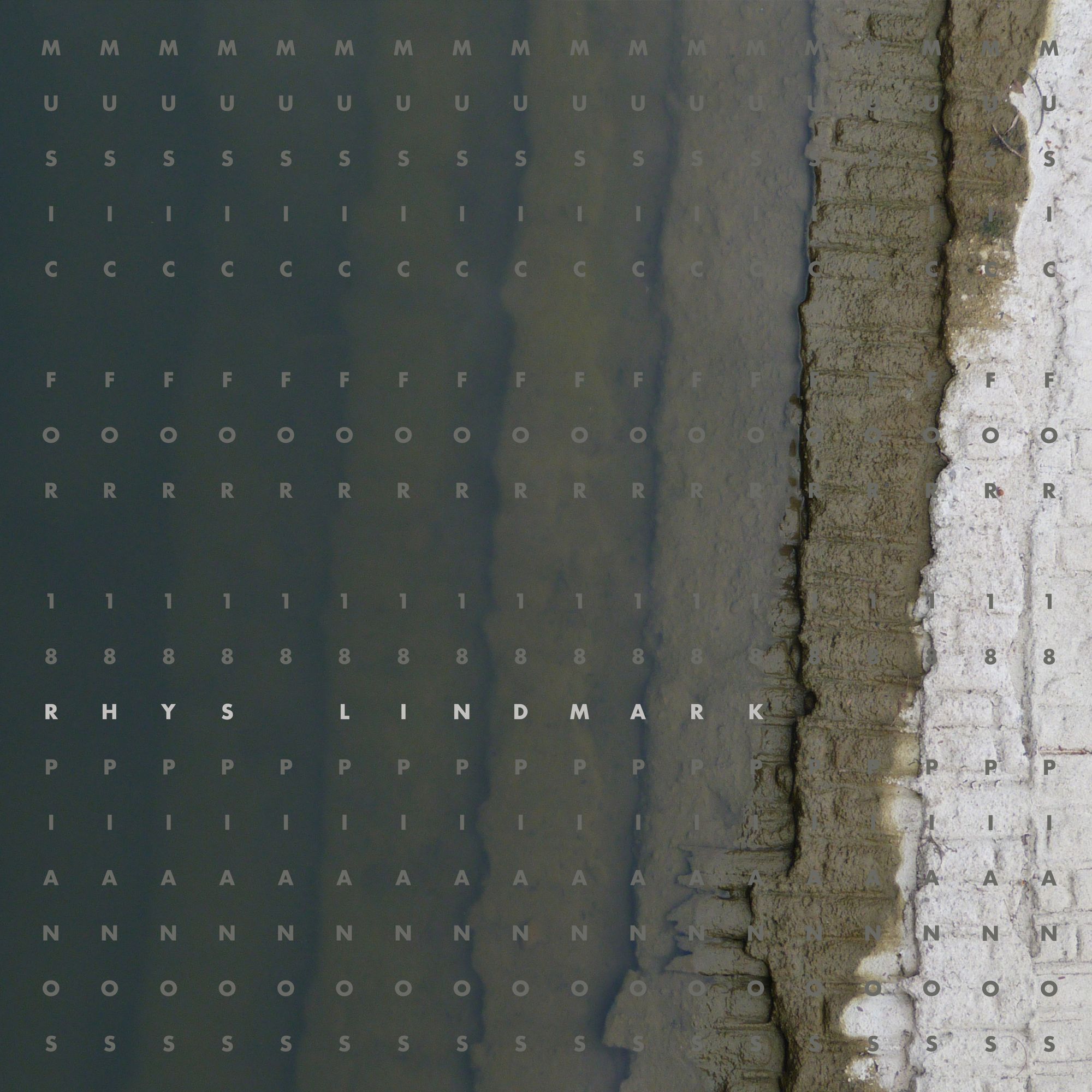Music for 18 Pianos
In February of 2020, I released a music album titled Music for 18 Pianos.
(Spotify)

Influences
This album is influenced by the:
- Minimalist music of Steve Reich
- Percussive melodic music of Aphex Twin
- Loopist music of Marc Rebillet
- Beatboxing and vocal modulation of Reggie Watts, Camille, Pogo, Young Thug, and Moby
- Polyrhythmic bell patterns of Ghana and West Africa
There's a playlist with my music influences here.
Minimalist Music of Steve Reich
The title of my album is a direct reference to Steve Reich's 1976 piece Music for 18 Musicians (which is in David Bowie's top 25 albums of all-time!). Reich's piece has many different instruments, while mine mostly focuses on piano. Both have a strong sense of a "pulse".
Percussive Melodic Music of Aphex Twin
Some of my more somber songs are inspired by Aphex Twin's ambient piano works, like Avril 14th. My upbeat, aggressively percussive tracks are inspired by songs like Bucephalus Bouncing Ball.
Loopist Music of Marc Rebillet
As electronic music has become increasingly ubiquitous, we've seen more and more "live looplists"—artists who build a groove by layering loops on top of each other. Almost all of my songs take this form: a buildup by layering 3-10 pianos, then adding a melody on top of it.
Beatboxing and Vocal Modulation of Reggie Watts, Camille, Pogo, and Young Thug
Most of the songs on the album have piano as the only instrument. But I add vocals to a few songs. In XI. Voice Box and XII. Low and Deep, I beatbox and use pitch modulation in a similar way as Reggie Watts. Camille's album Le Fil is another great example of this looping plus beatboxing. In I. Dynamism and VI. Reflect, Relax, Rejoice, I turn vocal samples into percussion in a similar way as Pogo. The higher pitched voice modulations are especially influenced by Young Thug. Moby's Play album is also quite similar (piano-based with vocal chops).
Ghanian Polyrhythmic Bell Patterns
I played in a West African drumming group for all of college. The timeline bell patterns from that music strongly influenced this album. For example, IV. The Traverse does a "timeline switch" from four beats to three beats mid-way through the song. VII. Feeling Love uses a 4:3 polyrhythm as part of the buildup.
Other Influences and Notes
After sharing with friends, they have noted my similarity to Poppy Ackroyd and Hauschka's 2017 album, What If.
I'm curious—what other music is like Music for 18 Pianos? Please let me know if it reminds you of anything.
Album Creation Process
I made this album over the course of seven years: from 2013-2020. Many of the songs were made while I was in China at the end of 2013. The album was essentially finished then, but I made a couple of songs over the next five years, and finally got around to releasing it in February of 2020. I made around 50 songs total, 20 of which made the final album.
I used Landr for AI mastering and DistroKid for distribution.
From 2017-2019, I slowly "released" clips of songs as the intros and outros for my podcast, Grey Mirror.
I used Ableton Live's "Grand Piano" MIDI instrument for all of the tracks.
I'm proud of this album, especially because it seems pretty different from other music I listen to. I'd like to thank my brother, John Lindmark, for designing the album cover and helping me cut tracks.
I'd love to know what you think of it. Please reach out! I might add your review to the list below :).
If Chopin and Satie had a whimsical baby with Squarepusher, this would be it.
It's an exploration in music creation solely with a piano—well that's nothing new. That was the majority of music for like a century.
This album sounds like the soundtrack for an introspective silent film about someone's mental state/thoughts.
I could see this as a soundtrack to a quirky animation film with no dialogue.
My mind kept trying to piece together a movie to go with this.
In releasing this album, Rhys manifests an anti-perfectionist perspective on the creative process. It ultimately poses the question, "As a creative, is it better to release in-progress work or no work at all?"
There are a lot of interesting ideas in Music for 18 Pianos, but perhaps too many in too small a space.
I think the list of influences you reference is incredible and represents a huge breadth, but to consciously evoke them all while constraining yourself to one scale and relying heavily on a pop chord progression that those artists don't generally use leaves the album in a bit of an identity crisis.
There's a ton of talent on display here, but somehow not a lot of life or energy. The songs are rarely cohesive, often repetitive, and come across as sterile and incomplete. It's an album that feels rife with untapped potential. It sounds like a foundation for a more fleshed out and vivacious future project.
The album's re-listenability suffers from the monotony of having only one instrument, which is a disappointment because there are a number of gems that become exposed on multiple listens.